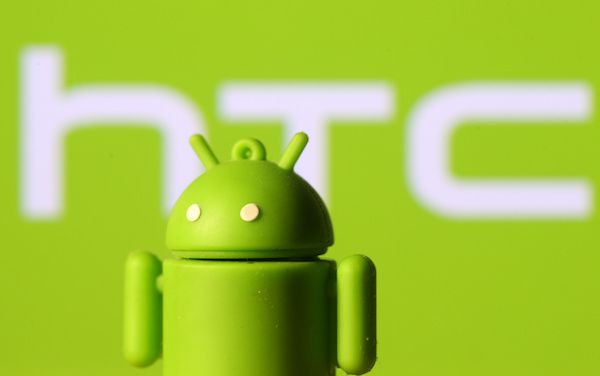Here’s Why Android 9.0 P Could Block Many Apps From Working

Google is following in the footsteps of Apple when it comes to the update cycles of software and apps. The Cupertino giant has been clearing the App Store of apps that do not support latest iPhone models and hardware architectures, and Google is doing a move that may have the same impact starting this year.
The Mountain View giant announced last December that it is implementing new requirements for Android apps. Part of which is demanding developers to ensure that their apps in the Play Store would have to target an API level no more than 1 year older than the current codename release. According to Android Police, this would mean that apps submitted to the Play Store following Android P’s release need to target for Android 8.0 Oreo or above.
Google has also confirmed that future versions of its Android operating system would block apps that fail to target a recent AP level. The company did not provide specifics though. Nonetheless, Google has a new MIN_SUPPORTED_TARGET_SDK_INT class starting with this year’s Android P, and this indicates the minimum supported API level for a device.
Android Police has learned that for Android 9.0, the minimum level is v17, which is Android Jelly Bean’s v4.2. Therefore, it is being presumed that apps built for Android 4.1 or lower will most likely not work on smartphones that will run or be updated to Android P later this year. In some cases, they could still work but users will experience issues with their performance and security.
Google has already rolled out the first Android P Developer Preview, and unsurprisingly, it does have some sort of warning that flashes when old apps are launched. It states, “This app was built for an older version of Android and may not work properly. Try checking for updates, or contact the developer.” It’s not clear if this warning would still appear in the final version, or if Google will entirely block old apps.
Meanwhile, IBTimes previously learned that Google’s Android P will embrace notches or display cutouts that more and more manufacturers are including in their new releases. The inclusion of notches has apparently become inevitable ever since Apple launched iPhone X that came with a notch, which houses the hardware for Face ID.
© Copyright IBTimes 2024. All rights reserved.




















